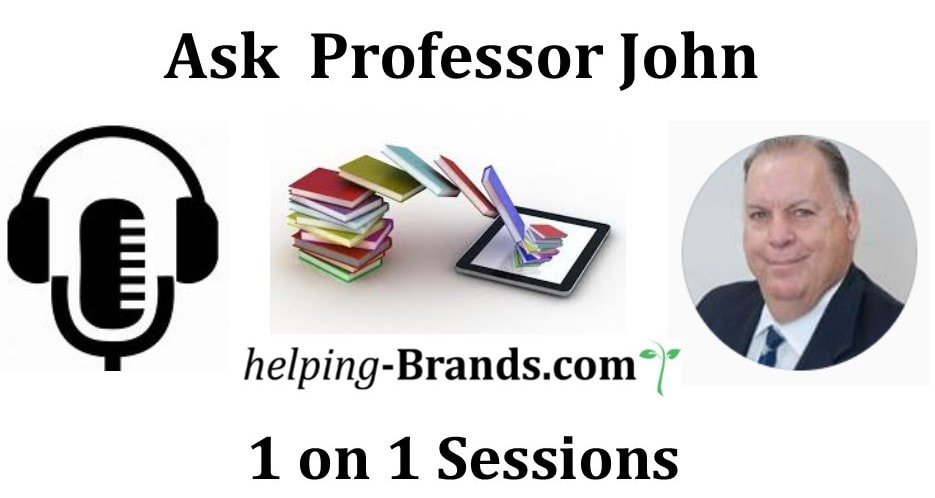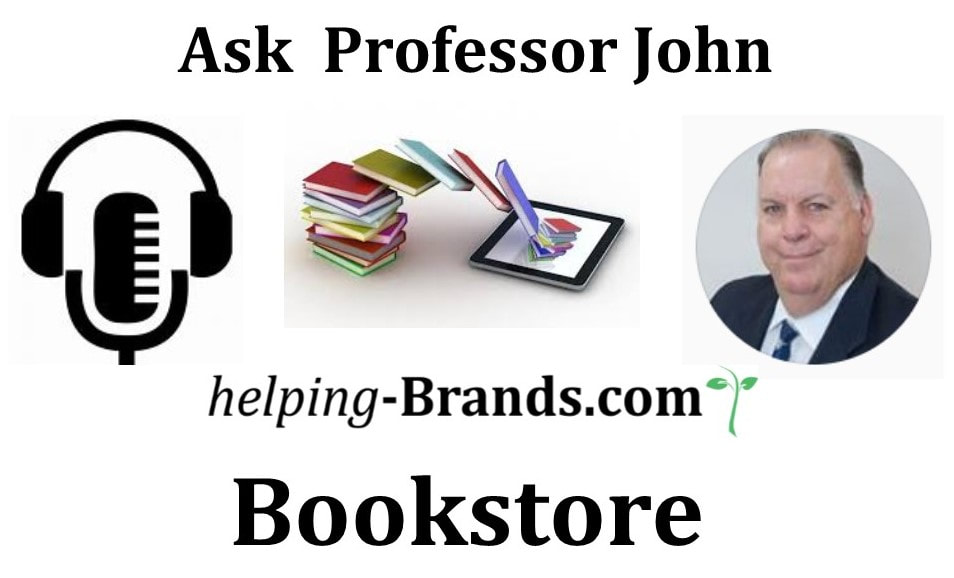Dealing with Stress of Job Loss and
Coping with Unemployment
Coping with Unemployment
|
It can be crucial in both helping you cope with the stress of job loss—as well as finding a new job.
|
Dealing with a job loss and coping with unemployment is difficult for job seekers and for some it really is debilitating, To be able to approach your new search it is important to understand what you are going though and how you can manage it.
This section is open to anyone who has articles information and sites to share to help our members get going with their transition and aid them in find a new position.
This section is open to anyone who has articles information and sites to share to help our members get going with their transition and aid them in find a new position.
Articles to read:
Expressive Writing and coping with job loss.
Stefanie Spera
Stefanie Spera
Here are a number of articles on the American Psychological Association website about unemployment, in case these are of interest (not sure if these are what you are looking for but I’m sending just in case):
http://www.apa.org/monitor/2011/03/unemployment.aspx
http://www.apa.org/pi/ses/resources/indicator/2012/04/unemployment.aspx
http://www.apa.org/about/gr/issues/socioeconomic/unemployment.aspx
http://www.apa.org/monitor/2011/03/unemployment.aspx
http://www.apa.org/pi/ses/resources/indicator/2012/04/unemployment.aspx
http://www.apa.org/about/gr/issues/socioeconomic/unemployment.aspx
Life Ed: Keeping A Healthy Frame Of Mind During Unemployment
Coping with Job Loss –
Our jobs are much more than just the way we make a living.
They influence how we see ourselves, as well as the way others see us.
Our jobs give us structure, purpose, and meaning.
That’s why job loss and unemployment is one of the most stressful things you can experience.
Beyond the loss of income, losing a job also comes with other major losses, some of which may be even more difficult to face:
You may feel angry, hurt, panicked, rejected and scared.
Many people will experience some or all of the following stages:
It is important to remember that not all people will experience all stages, not all stages will occur in the order listed, and many who experience job loss will go back and forth among the stages before finally reaching acceptance.
If you experience feelings associated with these stages, keep in mind that this is normal, that you can work through these feelings and feel better.
Some people may move through these stages more quickly than others may, and this is normal, too.
However, anyone having great difficulty with the experience, or who is stuck in a certain phase, may need professional help in order to move on.
Studies show that people become more likely to experience depression and anxiety after a job loss.
However, people are more surprised to learn that the stress of job loss or even the threat of job loss can cause an increase in health problems.
Stress has been linked to heart disease, cancer, depression, obesity, sleep problems, high blood pressure, digestive problems, chronic pain, migraines, anxiety, autoimmune diseases, and skin conditions, all of which can lead to major health expenses. It’s also known to speed up the aging process.
Because health problems are more likely when under stress, it is especially important that people try to take good care of themselves during this time, even if they don't really feel like doing this
You may even join a job seeker's support group. This is a group that educates people on how to find work. Neighbors-helping-Neighbors USA is such a group and has a strong track record of helping members find work. See Success Stories
Wall Street Journal article I was quoted in.
Holiday’s are particularly bothersome for many. Polls show that almost 90% of Americans feel some kind of anxiety or stress about the holidays.
These feelings can be brought about by many factors, including increased stress and fatigue, unrealistic expectations, too much commercialization, or inability to be with family (or too much family!).
The shopping, out-of-control discretionary spending, decorating, cooking, visiting, and holiday entertaining at home can all add up and cause tremendous pressure on both adults and kids.
You might also be experiencing physical or behavioral side effects, such as:
Some Tips For Managing Your Own Holiday Stress:
REFERENCES
Job Loss and Unemployment Stress. Retrieved from: http://www.helpguide.org/life/unemployment_job_loss_stress_coping_tips.htm
Radunovich, H.L. Coping with stress during a job loss. Retrieved from: http://edis.ifas.ufl.edu/fy1055
Our jobs are much more than just the way we make a living.
They influence how we see ourselves, as well as the way others see us.
Our jobs give us structure, purpose, and meaning.
That’s why job loss and unemployment is one of the most stressful things you can experience.
Beyond the loss of income, losing a job also comes with other major losses, some of which may be even more difficult to face:
- Loss of your professional identity
- Loss of self-esteem and self-confidence
- Loss of your daily routine
- Loss of purposeful activity
- Loss of your work-based social network
- Loss of your sense of security
You may feel angry, hurt, panicked, rejected and scared.
Many people will experience some or all of the following stages:
- Shock and denial: After initially hearing the news, it is common for people to be incredibly shocked by it, even if it was somewhat expected. It can be difficult to comprehend fully what has happened, and some people may need some time before they can process this information. As a result, they may not accept that it is truly happening.
- Anger: After the initial shock is over, people frequently experience anger towards the company or others perceived to be at fault. People also may experience anger towards themselves for being in this situation, anger towards family and friends, and even anger towards other co-workers who did not lose their jobs.
- Resistance: Later in the process, people may engage in resistance to the idea of the job loss, and may believe that there are things that they can do to change the situation. They may think that doing something such as taking a pay cut or agreeing to work fewer hours will help them keep their jobs. In most cases, this is not a viable option.
- Sadness: Once the reality of the situation has truly set in, people often feel very sad and hurt.
- Acceptance:
It is important to remember that not all people will experience all stages, not all stages will occur in the order listed, and many who experience job loss will go back and forth among the stages before finally reaching acceptance.
If you experience feelings associated with these stages, keep in mind that this is normal, that you can work through these feelings and feel better.
Some people may move through these stages more quickly than others may, and this is normal, too.
However, anyone having great difficulty with the experience, or who is stuck in a certain phase, may need professional help in order to move on.
Studies show that people become more likely to experience depression and anxiety after a job loss.
However, people are more surprised to learn that the stress of job loss or even the threat of job loss can cause an increase in health problems.
Stress has been linked to heart disease, cancer, depression, obesity, sleep problems, high blood pressure, digestive problems, chronic pain, migraines, anxiety, autoimmune diseases, and skin conditions, all of which can lead to major health expenses. It’s also known to speed up the aging process.
Because health problems are more likely when under stress, it is especially important that people try to take good care of themselves during this time, even if they don't really feel like doing this
You may even join a job seeker's support group. This is a group that educates people on how to find work. Neighbors-helping-Neighbors USA is such a group and has a strong track record of helping members find work. See Success Stories
Wall Street Journal article I was quoted in.
Holiday’s are particularly bothersome for many. Polls show that almost 90% of Americans feel some kind of anxiety or stress about the holidays.
These feelings can be brought about by many factors, including increased stress and fatigue, unrealistic expectations, too much commercialization, or inability to be with family (or too much family!).
The shopping, out-of-control discretionary spending, decorating, cooking, visiting, and holiday entertaining at home can all add up and cause tremendous pressure on both adults and kids.
You might also be experiencing physical or behavioral side effects, such as:
- Weight gain or weight loss
- Inability to sleep, or sleeping too much
- Neglecting your responsibilities
- Using alcohol or drugs to relax
- Diarrhea or constipation
- Chest pain or rapid heartbeat
- Frequent colds or little sicknesses from a weakened immune system
- Nausea or dizziness
- Loss of sex drive
- Headaches
- Irritability
- Overeating/overdrinking
- Trouble sleeping
Some Tips For Managing Your Own Holiday Stress:
REFERENCES
Job Loss and Unemployment Stress. Retrieved from: http://www.helpguide.org/life/unemployment_job_loss_stress_coping_tips.htm
Radunovich, H.L. Coping with stress during a job loss. Retrieved from: http://edis.ifas.ufl.edu/fy1055








